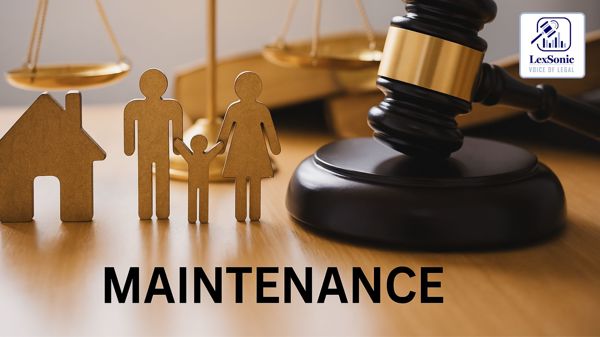Supreme Court Modifies High Court's Maintenance Order, Grants Partial Relief to Husband.
10 December 2024
Criminal Appeals & Suspension of Sentence >> Criminal Law | Maintenance >> Family Law

The appellant contested the decision, claiming his financial situation had worsened due to business losses. He argued that the wife is self-employed and does not require maintenance. In the interim, the Supreme Court stayed the enhanced maintenance and ordered the appellant to pay interim maintenance. Upon reviewing the case, the Court partially modified the High Court's judgment, allowing the wife and children maintenance at the rate of Rs.50,000 and Rs.25,000 respectively, starting from the date of the High Court order. The appellant was directed to pay the arrears within three months, and the maintenance payments were prioritized over other claims, including those from creditors.
Section 125., Code of Criminal Procedure - 1973
Section 127., Code of Criminal Procedure - 1973
Code of Criminal Procedure, 1973
